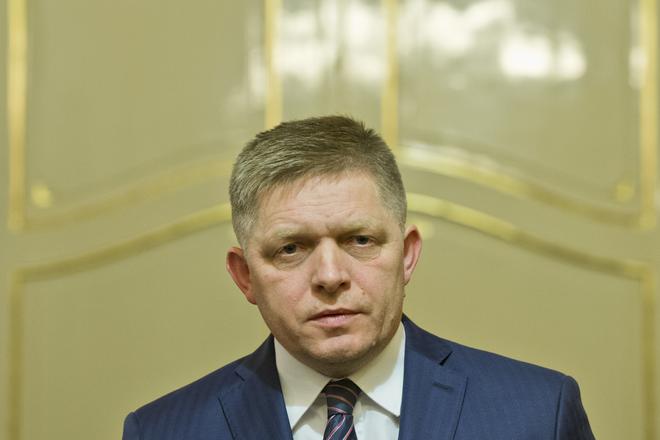The consulting company Deloitte received €1.3 million from the Government’s Office for monitoring the opinions on the European Union’s funds on the internet. The Government’s Office however refuses to publish the results, citing the company’s objection.
Moreover, Deloitte did not present a list of the subcontractors, though the frame agreement with the state suggests that it was supposed to do so, the non-governmental organisation Stop Corruption Foundation wrote.
The foundation already pointed to a similar case involving the Žilina-based Research Institute of Transport. In both cases, the public could not learn from the public sources what the companies had delivered to the state, and both refused to publish the outcome, the SITA newswire reported.
“There are doubts as to whether the millions of euros they received from the state were spent effectively,” the Stop Corruption Foundation wrote in a press release, as quoted by SITA.
Even the agreement signed by Deloitte in June 2015 does not clearly state what the Government’s Office actually bought, the organisation said. The agreement may have included a combination of expert work and research with tools for monitoring and evaluating online content.
“The Stop Corruption Foundation thus used the law on free access to information and turned to the Government’s Office, demanding that it publish the specific results that came from the signed implementation contract,” the organisation said, as quoted by SITA.
The Government’s Office however failed to publish the results, referring to the copyright law and the fact that Deloitte did not support its publication. The organisation said that Deloitte did not answer their questions.
Questions on the agreement
The company claimed in its reports that it spent some 13,000 hours between July and December 2015 working on the assignment from the Government’s Office. The portion that took the most time was the comprehensive analysis of the reports about the Government’s Office: they spent more than 1,300 hours on this.
“There is a verdict issued by the Supreme Court which affirms that the non-creative, routine activity of several people cannot be defined as author’s work,” said the organisation’s head, Pavel Sibyla, as quoted by SITA. “This only applies to a unique work from one author.”
He claimed that more than one person was working on the analyses. Neither the company nor the Government’s Office has proven that concealing the analyses is in compliance with the law and the Supreme Court’s decision.
“Thus we have doubts as to whether the performance was a reasonable investment or simply a way to quickly use money from EU funds,” Sibyla said, as quoted by SITA.
The Government’s Office responded that the aim of the project was monitoring and analysing the attitudes of people and information on the internet that relates to potential corruption when drawing money from EU funds.
“Much of it may be used in the motions for the criminal prosecution bodies, so this project belongs to the comprehensive initiative of the Government’s Office in the prevention of and fight against this malady,” the Government’s Office said, as quoted by SITA.
The office also expressed regret that despite the “clear and transparent explanation”, the organisation presents an attitude that raises doubts as to whether the foundation really wants to understand the project.
The office also claimed that the tasks of the project were outlined in the agreement and that all who read it knew the parameters of the project, SITA reported.



 PM Robert Fico (source: TASR)
PM Robert Fico (source: TASR)